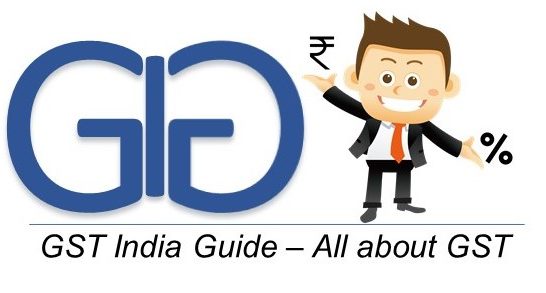Around 80 items are likely to be in Excemption list under the proposed Goods and Service Tax (GST). including grains, green coconut, poha, unprocessed green tea leaves, and non-mineral water etc.
Items such as coffee and processed foods like biscuits, rusk, butter and cheese currently exempted from excise duty, may draw GST.
There are currently around 300 items in the exemption list from central excise duty and 90 from the states value added.
A committee of officials headed by Revenue Secretary Hasmukh Adhia is preparing the item-wise list for GST rates.
Hectic lobbying was done for segment-wise GST rates. Sources said the committee of officials received over 16,000 representations.
For instance, sources said, makers of refrigerators in 200 litre category with chlorofluorocarbon (CFC) made a representation to bring this item in the 18% slab as against the 28% slab. The item, they said, was used by common man nowadays.
Officials are also trying to resolve the issue of distributing control over assessees between the Centre and states, after an informal meeting between Union Finance Minister Arun Jaitley and state representatives failed to thrash out the matter politically.
The officials are also looking into draft GST Bills, draft compensation Bill. These issues would be taken up by the GST Council, a body representing the union finance minister, minister of state for finance and state representatives, on Friday.
The Centre and states have already agreed to a five-slab structure for GST rates — 5, 12, 18 and 28%, as well as a cess of 28% on sin and luxury goods such as tobacco, big cars and aerated drinks. The cess is likely to be in proportion to duties attracted by these items currently.
“We will keep exemptions to a minimum. We are still finalising the exemption list,” a government official said.
States exempt unprocessed goods and those consumed by the poor such as fruits, vegetables, salt, grain and coarse fabric. The Centre provides excise exemption to processed food and pharmaceuticals and a concessional rate to fruit-based items. Common items exempted by the Centre and states include bread, eggs, milk, vegetables, cereals, books and salt. These will continue to be exempted.
The negative list of services, exempted from the levy, will be reduced to include only essential services such as health and education. “We will have a very small number of essential services out of the GST net,” the official added. The negative list of services currently has 18 heads, which include health care, education, goods transport agency and non-air conditioned restaurants, among others.
The draft model GST law, put on the public domain, provides tax exemption provision for certain goods or services, taking public interest into account.
“If the central or a state government is satisfied that it is necessary in the public interest… it may, on the recommendation of the Council, by notification, exempt generally either absolutely or subject to such conditions… goods and/or services of any specified description from the whole or any part of the tax leviable thereon,” the draft law states.
Chief Economic Advisor Arvind Subramanian, in his recommendation on a revenue-neutral rate for the GST, had argued eliminating the exemptions on health and education as this will make tax policy more consistent with social objectives. He had also recommended bringing electricity and petroleum within the scope of the GST. Subramanian in his report on GST argued that extensive central excise exemptions amounted to about Rs 1.8 lakh crore, or 80% of actual collections.
“Given the historic opportunity afforded by theGST, the aim should be to clean up the Indian tax system that has effectively become an ‘exemptions raj’ with serious consequences for revenue and governance,” the report said.
The government has been pruning the excise exemption list for quite some time. From 542 items in 2011, it has come down 300 items.
It should be noted that some petroleum products would come under zero rate till the time the GST Council decides to bring them under GST rates. This means that the state will continue to impose VAT and the Centre excise duty on these items.
Business Standard 23rd November 2016

